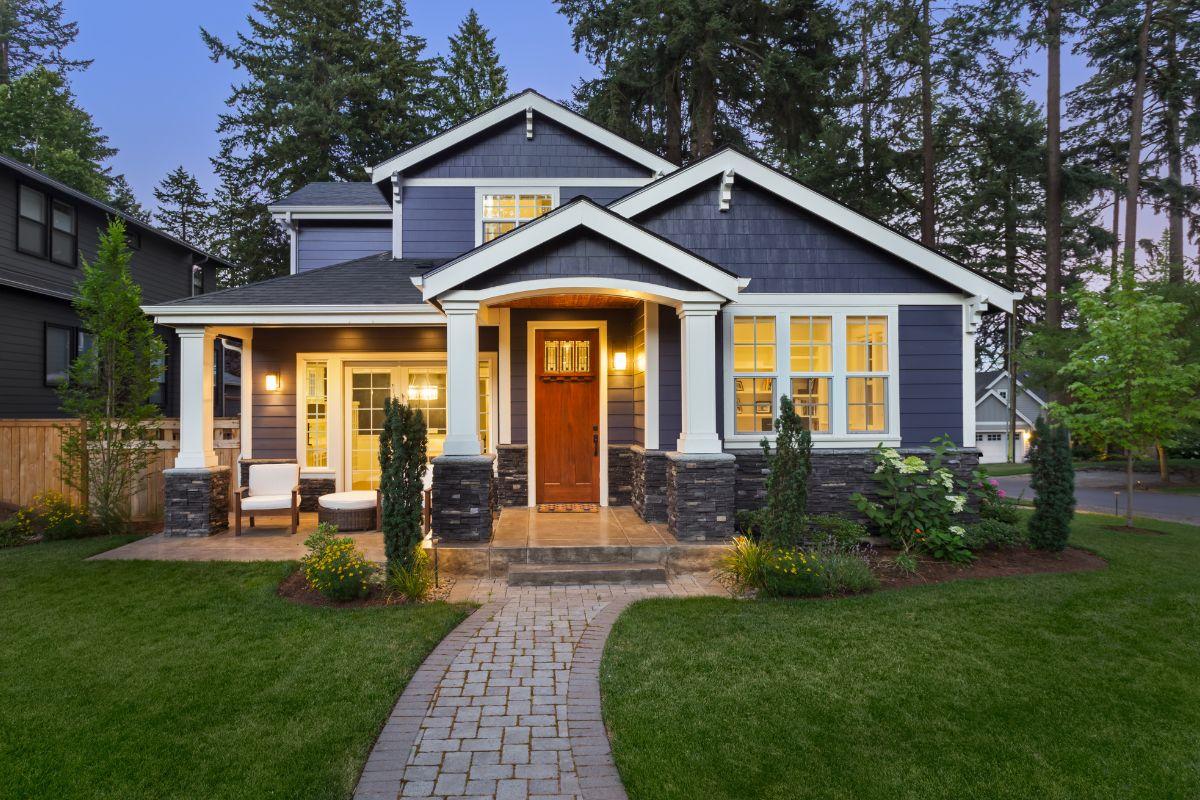
16 Mar Repair or Replace: What to know regarding your HVAC unit
Knowing when your HVAC unit simply needs a repair and when it is time to replace it can be one of the most challenging parts of these systems. After all, an HVAC repair may seem less expensive, but depending on how many repairs you need to make, HVAC replacement may be more cost-effective in the long term.
Today we are going to go over some of the most common repairs as well as when to replace your HVAC so you can feel confident in your decision to replace your unit when the time comes.
Common HVAC Repairs
As one of the most used pieces of machinery in your home, it is no surprise that HVAC units may need repairs occasionally. Here are some of the most common HVAC repairs that you may need to make over the course of your unit’s lifespan.
Air Filter Problems
The most common (and easily fixed) problem with HVAC units is dirty air filters. When your air filters are dirty, it restricts airflow in the unit and makes your blower work much harder to effectively circulate air through your home. This can lead to overheating and dramatically shorten the lifespan of your unit. Luckily, cleaning or replacing your air filters is quite simple, typically inexpensive, and done as a part of a regular maintenance schedule.
Thermostat Malfunctions
As thermostats get more advanced, it can be harder to recognize when they are not working properly. Because of this, this issue is another prevalent HVAC repair. Sometimes your thermostat is simply not set correctly, and therefore your HVAC unit is not working as you want it to. Thankfully, this is typically a simple fix for a service technician.
Mechanical Wear-and-Tear
Like any other type of machine, HVAC units are built up of many mechanical components — all of which can experience wear and tear with use. Sometimes this leads to malfunctions or damages. Many of these issues can be repaired if caught early, but if left unchecked, they can cause irreparable damage to your unit.
Unusual Noises
HVAC systems making noises is not particularly problematic unless those noises are one of the following:
- A banging sound in your furnace
- Unusual noise before your unit starts up
- Loud noises from your outdoor unit
- Loud humming noises from your blower
These noises typically occur when there are loose parts or broken parts that need to be repaired or replaced within your unit. Many of these issues can be addressed by opening up the unit and making the necessary repairs, but if the problem consists after repairs, you may need to replace your unit.
Blown Fuses/Tripped Breakers
This is one of the most common problems with HVAC units. It typically occurs when the blower is overworking — which can happen when something is blocking airflow within the unit. In other words, the most common cause of this problem is dirty air filters, which can be replaced or cleaned easily. However, if the problem persists, you must contact a professional to assess the issue and make repairs or replacements as needed.
Fan or Blower Going Constantly
As HVAC units age, they can become less efficient and sustain damages that can affect their efficacy. One of the ways that this can be seen is when your unit is running for longer periods of time. It may start up more often and run for longer. Typically, this reflects a problem with your coils or blower motor, which can be repaired, but it can also indicate an old or ill-suited unit for your home.
The Advantage of Replacing Your HVAC Unit
Now that you know some of the most common repairs for these systems, you may be wondering when you should replace your HVAC unit. As mentioned above, repairs can (and usually do) fix the immediate problem, but if the problem persists, it is time to get a new unit.
There are several advantages to replacing your HVAC unit, especially if it is an older model. These include:
- Improved energy efficiency – newer units are more advanced and more energy efficient than older models, so you can end up saving money on your monthly electricity and heating bills.
- Less wear-and-tear damage – a new unit will not have the wear-and-tear that your old unit has, which makes it automatically more efficient.
- Quieter system – HVAC units tend to make more noise as they age. Additionally, as technology advances, newer HVAC units are constructed more efficiently to minimize unnecessary sounds and offer quieter air circulation throughout your home.
- Extended warranties – new units come with new warranties that can protect you from damages and help cover any needed repairs, especially if you can get an extended warranty. Chances are your current warranty has expired, and any repairs you need to make will be out-of-pocket.
- Lower repair costs – you may think that older models are easier to repair because they are less advanced, but this is unfortunately not the case. Many times it is actually harder to repair older models because sourcing parts is more challenging, and newer technicians may not know how to repair an older model effectively.
Benefits of HVAC Replacement Before Summer
Summer is one of the seasons when our HVAC systems do the most work. This is because ensuring that air is circulating through your home is one of the most important things you can do to stave off unwanted heat and stale air. Ensuring that your HVAC is in top condition before this season comes around can help you prepare for the summer heat.
So, in addition to the benefits of replacing your HVAC unit mentioned above, there are additional benefits to replacing this unit before summer. These are as follows:
- Immediate improvement to efficiency and lower energy costs
- Lower repair costs as repairs are needed
- Better indoor air quality in the summer
- Improved temperature regulation and air circulation in your home
- More time to research unit models and find the best option
Conclusion
In summary, while many issues with your HVAC system can be repaired, in many cases, replacing the unit can be more cost-effective in the long run.
This said we do believe that there are some situations where repairing your unit is the better option. We recommend HVAC repair if your unit
- is still quite new,
- has not needed many repairs before this point, and
- is still performing well apart from this single issue that has come up.
On the other hand, if your HVAC unit is old, not running efficiently, has needed many repairs, or breaks down frequently, replacing it is definitely the better choice. If your HVAC has not been performing well, contact us today at TMC for a service call!

